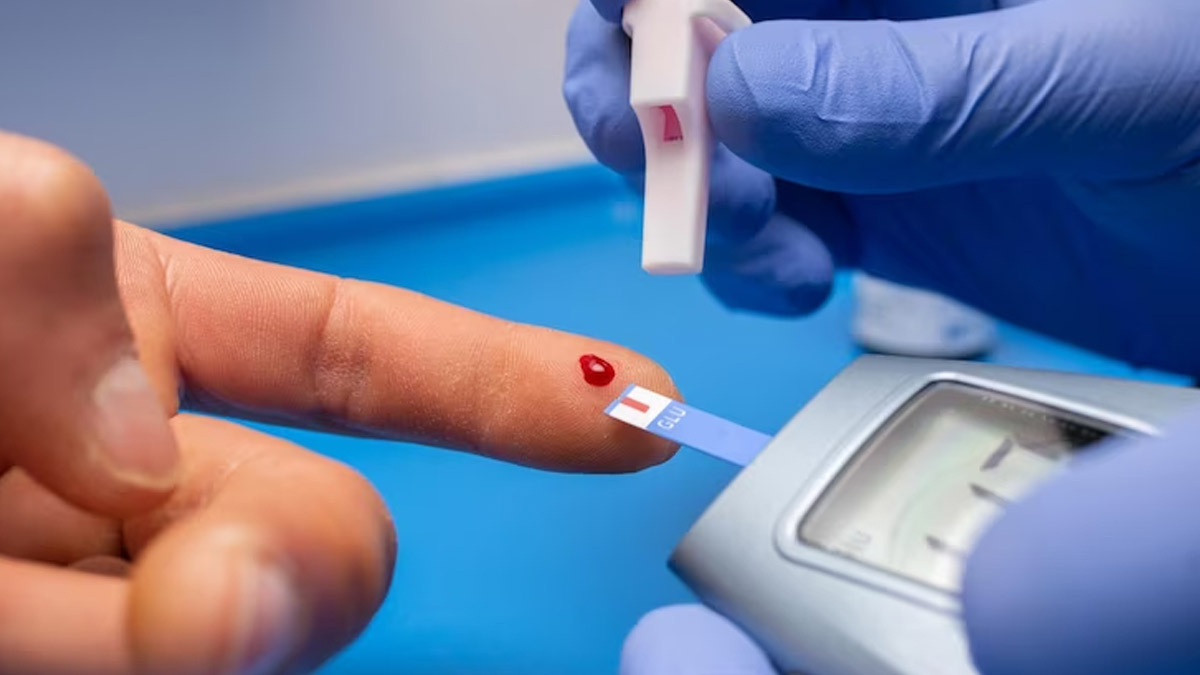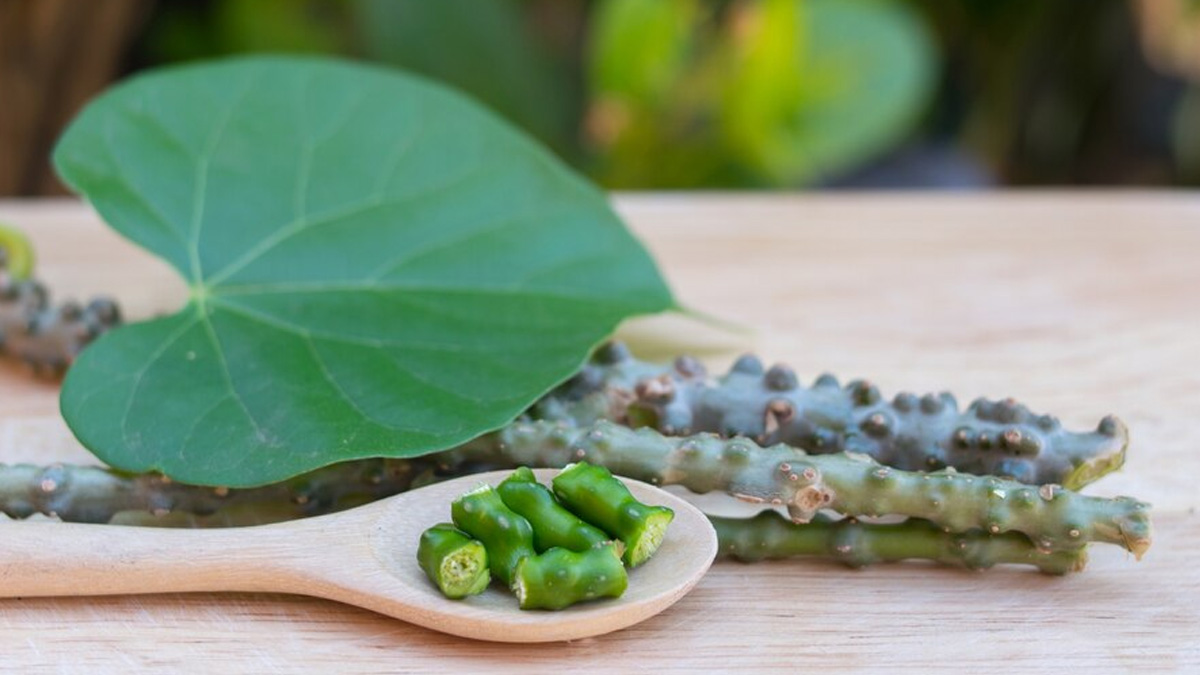
In the realm of holistic health practices, Ayurveda offers a treasure trove of wisdom, particularly in managing chronic conditions like diabetes. With its emphasis on natural remedies and lifestyle modifications, Ayurveda provides a holistic approach to diabetes management that encompasses diet, exercise, herbal treatments, and stress reduction techniques. Among these, incorporating medicinal herbs into one's diet can play a significant role in lowering high blood sugar levels naturally.
Table of Content:-
Medicinal Herbs for Diabetes Management
Here are some of the top medicinal herbs recommended by Ayurveda for diabetes management:
1. Bitter Melon (Momordica charantia)
Bitter melon, also known as bitter gourd, is renowned for its potent hypoglycemic properties. Rich in compounds like charantin, polypeptide-p, and vicine, bitter melon helps improve insulin sensitivity and regulate blood sugar levels. Including bitter melon in your diet, either in the form of juice or cooked dishes, can aid in managing diabetes effectively.
2. Fenugreek (Trigonella foenum-graecum)
Fenugreek seeds are a powerhouse of medicinal benefits, including their ability to lower blood sugar levels. These seeds contain soluble fiber, which slows down the absorption of carbohydrates and sugars, thereby preventing spikes in blood glucose levels. Consuming fenugreek seeds soaked in water overnight or incorporating them into your meals can provide significant relief for diabetes management.

3. Indian Gooseberry (Emblica officinalis)
Indian gooseberry, also known as amla, is revered in Ayurveda for its rejuvenating properties and high vitamin C content. It helps enhance pancreatic function, stimulate insulin secretion, and improve glucose absorption, thus aiding in better blood sugar control. Consuming amla juice or incorporating it into your diet can contribute to overall diabetes management.
Also Read: Can Exercise Strengthen Brain Function? Here's What the Expert Shares
4. Gymnema (Gymnema sylvestre)
Gymnema, commonly known as Gurmar, meaning "destroyer of sugar" in Hindi, lives up to its name by suppressing the taste of sweetness. It contains gymnemic acids that block sugar absorption in the intestine and stimulate insulin production, thereby lowering blood sugar levels. Gymnema supplements or teas can be beneficial for individuals with diabetes.

5. Turmeric (Curcuma longa)
Turmeric, the golden spice of Ayurveda, possesses potent anti-inflammatory and antioxidant properties. Curcumin, its active compound, helps improve insulin sensitivity, reduce insulin resistance, and lower blood sugar levels. Adding turmeric to your cooking or consuming it in the form of turmeric tea can be beneficial for diabetes management.
6. Cinnamon (Cinnamomum verum)
Cinnamon is not only a flavorful spice but also a potent medicinal herb for diabetes management. It helps improve insulin sensitivity, lower fasting blood sugar levels, and reduce the risk of cardiovascular complications associated with diabetes. Sprinkling cinnamon on your meals or incorporating it into your beverages can aid in regulating blood sugar levels.
Also Read: Navratri 2024: 6 Benefits of Ghee Roasted Dry Fruits for Mind and Body
7. Neem (Azadirachta indica)
Neem leaves are known for their powerful medicinal properties, including their ability to lower blood sugar levels. They contain compounds like nimbin and nimbidin, which help improve insulin receptor sensitivity and reduce glucose absorption in the intestine. Consuming neem leaves as part of your diet or drinking neem tea can support diabetes management.
8. Holy Basil (Ocimum sanctum)
Holy basil, also known as Tulsi, is revered in Ayurveda for its adaptogenic and hypoglycemic properties. It helps lower blood sugar levels by enhancing insulin secretion, improving insulin sensitivity, and reducing oxidative stress. Drinking tulsi tea or chewing on fresh basil leaves can be beneficial for individuals with diabetes.
Bottomline
Incorporating these medicinal herbs into your diet, along with regular exercise, stress management techniques, and a balanced lifestyle, can significantly contribute to better diabetes management. However, it's essential to consult with a healthcare professional before incorporating any new herbs or supplements into your routine, especially if you're already taking medications for diabetes. With the right approach and guidance, Ayurvedic remedies can be valuable allies in the journey towards optimal health and well-being, empowering individuals to take control of their diabetes naturally.
Also watch this video
How we keep this article up to date:
We work with experts and keep a close eye on the latest in health and wellness. Whenever there is a new research or helpful information, we update our articles with accurate and useful advice.
Current Version
